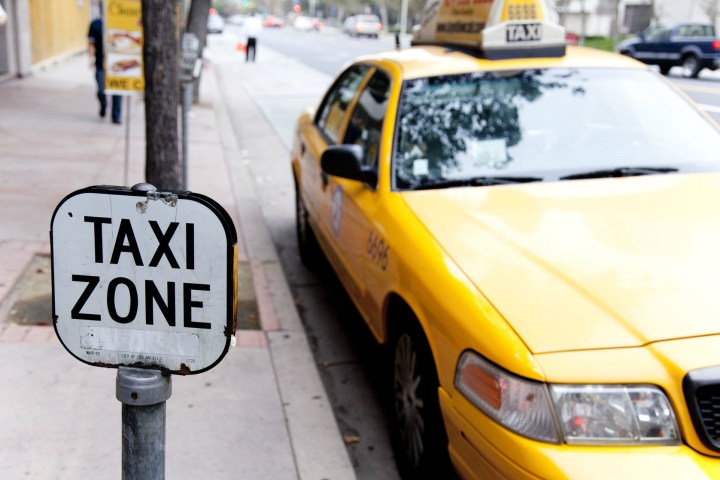
Flywheel’s TaxiOS is an Android smartphone app that acts as a GPS-based taxi meter. It’s an all-in-one approach, as the app handles payments, navigation, and dispatching.
TaxiOS shows riders the real-time cost of their trip and will offer some features that will be familiar to Uber and Lyft users, including fare splitting between riders, dynamic pricing (i.e., fare reduction to attract passengers), last-mile deliveries, and payments via the Flywheel app.
The state’s approval of TaxiOS came after a successful two-month pilot with about 50 taxi cabs in San Francisco.
“Working with Flywheel, we put its metering software through a wide variety of tests under very challenging conditions,” said Kristin Macey, director of California’s Division of Measurement Standards, in Flywheel’s press release.
The challenge now will be getting taxi fleets across California to adopt the system, a task Flywheel CEO Rakesh Mathur expects to be straightforward.
“The existing equipment in a taxi replicates everything a smartphone already has, and all that stuff is more expensive than a smartphone,” Mathur told the Los Angeles Times. “It takes a lot of money to install, it’s inherently unreliable, and 30 percent of cars have to come into the garage because of problems with those devices, because at the end of the day, you’re dealing with a mechanical device.”
The modernization of the traditional taxi cab will continue to be a growing story as fleets try to answer the challenges posed by Uber, Lyft, and other new competitors. New York City taxis, for instance, are piloting a program that will install GPS-based fare meters in 1,000 cabs and replace “Taxi TVs.”


